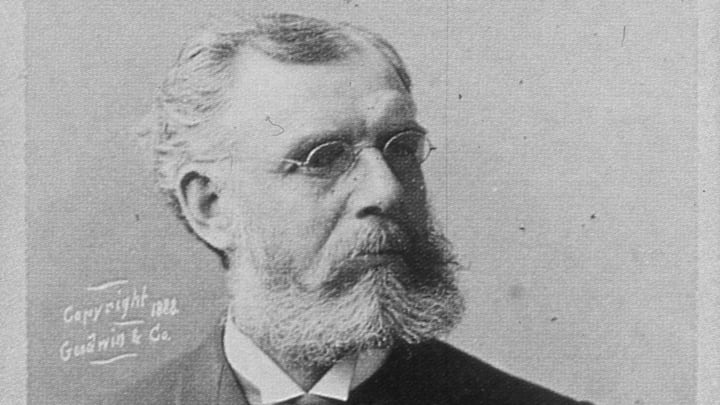
Lost of Owners Less Money
The Atlanta Braves franchise ownership group changed leadership frequently in the early years, as minority stockholders were added to infuse money, but that couldn’t go on forever.
The economic damage caused by the Great Chicago Fire in 1871, the Credit Mobilier Scandal, the Great Boston Fire of 1872, and the collapse of one of the nation’s largest banks hit Boston hard.
Wright’s Bostons repeated their performance in 1878, winning the league with a 41-19 record 4.5 games ahead of Cincinnati.
The team lacked the money to continue adding new players, and veterans jumped to teams offering more money, and the Bostons finished second in 1879, then slumped to sixth in 1880 and 1881. Fans blamed Wright, and tired of being unappreciated in Boston, he turned the team over to John Morrill and left for Providence to manage the Grays.
An Atlanta Braves Analogy
Today’s world makes it difficult to understand everything Harry Wright did for the franchise. Imagine that the league dissolved and a new league was forming.
You’ve convinced four friends to provide the money and have enough political pull to get a ballpark built in Atlant. You have to find a man – one man – with a reputation beyond reproach, a record getting players to come to a team just because this paragon of virtue is there.
He’s a man who will be involved with the formation of the league, recommending rule changes like moving the mound and guiding the league through the financial woes of a country racked by disaster. Oh, and he’s expected to build and manage teams that win year after year.
Finding such a man in 1869-70 was a tall order, but Harry Wright was the best answer.
Providence Grays Fade to Black
Harry Wright got the best out of the Grays, but they lacked the skill to become champions, and owners lacked the money to pay for the best talent. To offset those issues, Wright came up with the idea of a team of amateurs who would play games at the home field while the Grays were traveling.
He felt this would add a little money and create a better-trained ballplayer who would advance to the Grays when someone was injured or the player was ready to play at a higher level.
It took a few decades to become a reality, but today, every team uses the reserve system, better known as the farm system.
